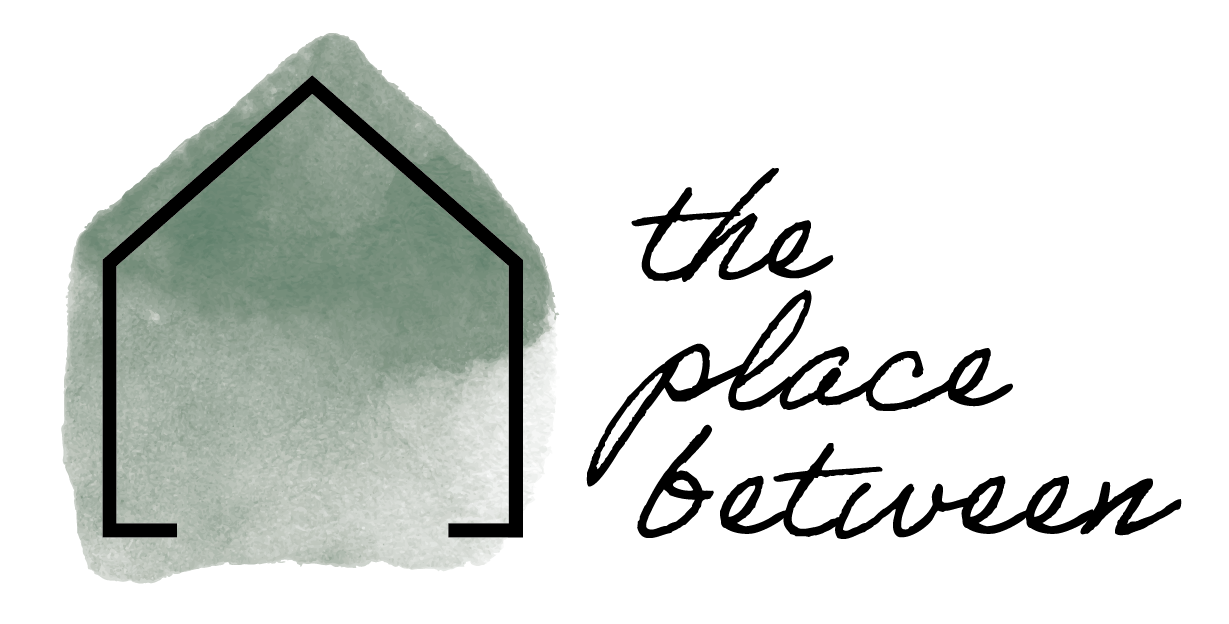Sustainable homes you enjoy living in. Designed with trust, clarity & care.
How to improve energy efficiency in period homes: sustainable retrofitting techniques

What is retrofitting?
It a nutshell, it refers to the addition of new technology, components or features to older systems. Retrofitting period homes involves upgrading existing properties to improve energy efficiency, comfort, and sustainability. It also often involves retaining / refitting original finishing features.
Some popular techniques for retrofitting period homes include: draught-proofing, insulation, double or triple glazing, heating upgrades, ventilation, energy efficiency lighting, and solar panels.
Improving the energy efficiency of a period home while maintaining sustainability involves a combination of thoughtful design, high-quality materials, and environmentally friendly practices.
Here are five important changes that you can consider making on your period home:
1. Insulation upgrades
Updating the heating system is essential for improving energy efficiency in a period home. This can be done in a number of ways : boiler replacement, zoned heating, and increased radiator size are here discussed.
Consider replacing outdated boilers with high-efficiency condensing boilers or exploring renewable heating options such as heat pumps or biomass boilers. The key word there is : outdated. Boilers have a long lifespan and can be repaired multiple times. To learn more about changing your heating system, you can read The Place Between's other post Hiring a Heating Engineer for Gas Boiler Replacement: Tips and Considerations.
Implementing zoned heating controls and smart thermostats can also help optimise energy usage and reduce heating costs while maintaining comfort levels. This sort of improvement can be disruptive and is best done when renovating, i.e. when you are opening the floors and walls anyway. Smart radiator valves are an alternative for those who aren't renovating their homes but would like to control radiators remotely.
When renovating, increasing radiator size/heat output can allow your system to reach a balance a warmth and efficiency at a lower temperature. With the cost of living crisis, the advice to lower the temperature of boilers to reduce energy bills has become very popular.
However, this may not work for your home if your radiators are not energy efficient. High-efficiency radiators, such as those with double panels or fins, will generally provide better heat output while using less energy compared to traditional single-panel radiators. So here comes a dilemma when you would like to retain or refit beautiful old cast iron radiators. I promise to look into this in more details too. Stay tuned, sign up to our newsletter and get a copy of our Green Home Renovation e-booklet to get more insight.

4. Air tightness improvements
Addressing air leakage and draughts is key to enhancing energy efficiency and comfort in a period home. You can seal gaps and cracks around windows, doors, floorboards, and other areas of air penetrations using eco-friendly caulks, weatherstripping, or expanding foam insulation. Dense and natural fabric such as velvet, wool and felt can also be added to draughty spots, such as the front door or french garden doors.
When renovating, consider installing airtight membranes or breathable insulation barriers in the walls and floors to minimise heat loss while allowing moisture to escape, thus preventing condensation and mould issues.
5. Renewable energy integration
Incorporating renewable energy technologies can further reduce reliance on fossil fuels and lower carbon emissions in a period home. Options include installing solar
photovoltaic (PV) panels on the roof to generate electricity, solar thermal systems for hot water heating, or even small-scale wind turbines or micro-hydro systems where feasible.
If you are new to this, you can get advice and enquire about systems that are appropriately sized for the home's energy needs. The environmental impact of the materials used in manufacturing and installation is also relevant.
By implementing these changes thoughtfully and sustainably, homeowners can significantly improve the energy efficiency of their period homes while preserving their historical character and minimising environmental impact. Working closely with experienced professionals who specialise in period home refurbishment and environmental sustainability is wise.

